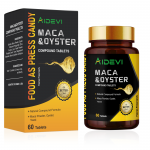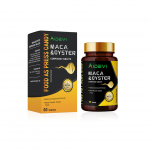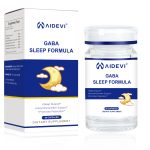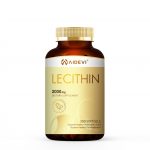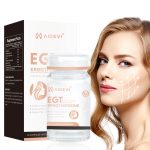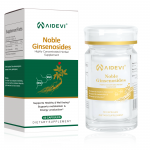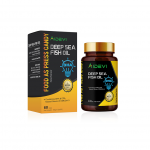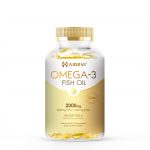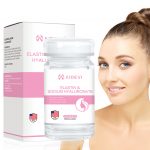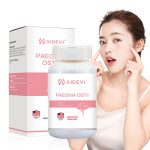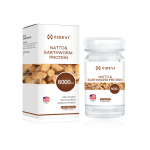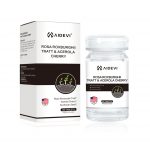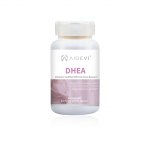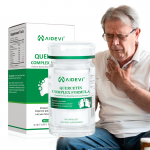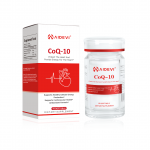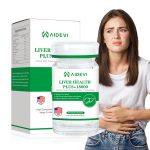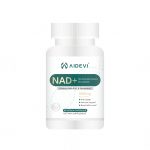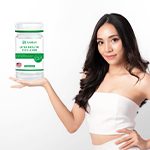How to Prevent Acne: A Comprehensive Guide
Acne is a common skin condition that affects millions of people worldwide, and it can be a source of frustration and self-consciousness. While there's no foolproof way to completely eliminate acne, there are several steps you can take to prevent and manage it effectively. In this comprehensive guide, we'll explore various strategies and habits that can help you maintain clear, healthy skin.
1. Daily Face Washing – The Foundation of Skincare
One of the fundamental steps in preventing acne is keeping your face clean. Your skin comes into contact with dirt, bacteria, and other impurities throughout the day, which can clog your pores and lead to breakouts. Therefore, washing your face regularly is essential. Ideally, you should wash your face twice a day – in the morning and before bedtime.
Use lukewarm water and a mild, non-abrasive cleanser to avoid irritating your skin. Harsh scrubbing or using rough washcloths, sponges, or loofahs can exacerbate acne by causing inflammation. Always pat your face dry gently with a clean towel to avoid unnecessary friction. Overwashing your face, however, can lead to dryness and increased sensitivity. Therefore, the key is to find a balance in your cleansing routine.
2. The Importance of Moisturizing
Moisturizing is a vital aspect of any skincare routine. Many people with acne-prone skin may be hesitant to use moisturizers, fearing they will worsen breakouts. However, the right moisturizer can help maintain the skin's natural moisture balance, preventing it from becoming excessively dry. Dry skin can lead to increased oil production, which can, in turn, trigger acne.
When selecting a moisturizer, it's crucial to choose a non-comedogenic product. "Non-comedogenic" means that it won't clog your pores, reducing the risk of acne. These moisturizers are designed to provide the necessary hydration without contributing to breakouts. To ensure the effectiveness of your moisturizer, always apply it to clean skin. Wash your hands before application to prevent introducing bacteria to your face.
3. Hands Off Your Face: The "No-Touch" Rule
Our hands are in constant contact with various surfaces and can harbor a multitude of bacteria and germs. Touching your face, particularly pimples and acne-prone areas, can transfer these impurities and lead to breakouts. Besides being a source of potential infection and inflammation, touching your face can also make acne lesions more painful and slow down the healing process.
The temptation to pop or squeeze pimples can be hard to resist, but it's one of the worst things you can do for your skin. Popping pimples can lead to infection and scarring, which can be challenging to address. To minimize the urge to touch your face unconsciously, pay attention to habits like resting your cheek on your hand while sitting or sleeping with your face on your hands.
4. Exfoliation and Masks: Balancing Act
Exfoliating your skin and using face masks can be beneficial for maintaining clear, healthy skin, but these products should be used in moderation. Exfoliation helps remove dead skin cells, promoting a fresh and radiant complexion. However, excessive exfoliation can lead to dryness, irritation, and worsen acne, particularly for those with sensitive or acne-prone skin.
Face masks can cleanse the skin, remove impurities, and provide relaxation akin to a spa experience. However, they may contain more potent ingredients that are unsuitable for daily use. Ideally, aim for exfoliation and masks about once a week to avoid overstimulating your skin.

5. Skincare Product Overuse: Less is More
Using multiple creams, lotions, and gels may seem like a comprehensive skincare routine, but overusing products can congest your pores and exacerbate acne. It's important to follow the recommended usage frequency indicated on product packaging. When it comes to makeup, applying it lightly and removing it thoroughly with a facial cleanser at the end of the day is essential.
In addition to skincare products, haircare items with heavy scents can clog pores when hair contacts the face. Opt for gentle shampoos and conditioners to prevent skin irritation during showers. Moreover, changing your pillowcase regularly is a simple yet effective way to limit your skin's exposure to oils and bacteria. It's advisable to change your pillowcase at least once a week and wash your makeup brushes regularly.
6. Sun Protection: Shielding Your Skin
Protecting your skin from the sun is essential for maintaining healthy, acne-free skin. While some traditional advice suggested that sun exposure can help dry out acne, modern dermatology recommends a different approach. UV rays from the sun can actually make acne appear more inflamed and irritated, potentially leading to post-inflammatory hyperpigmentation.
To shield your skin from harmful sun exposure, always wear a wide-brimmed hat and apply sunscreen with an SPF of 30 or higher. When choosing sunscreen, look for products labeled as "non-comedogenic" to ensure they won't clog your pores. Sun protection is particularly crucial if you're using acne treatments that can make your skin more sensitive to UV radiation.
7. Diet and Acne: The Connection
While it's true that certain foods like chocolate and junk foods may not directly cause acne, a diet high in greasy and oily foods can have a negative impact on your skin. Excessive oil consumption can contribute to clogged pores, which are a common trigger for acne breakouts.
To support clear skin, it's essential to limit your intake of oily and greasy foods. Instead, focus on consuming fresh fruits and vegetables. These foods provide hydration to the skin due to their high water content, and the vitamins and minerals they contain can help combat acne. In particular, foods rich in vitamin A, such as broccoli, spinach, and carrots, can aid in flushing out acne-causing proteins. Foods with high vitamin E and C content, such as oranges, tomatoes, sweet potatoes, and avocados, have antioxidant properties that can help soothe the skin.
8. Hydration: The Role of Water
Staying hydrated is vital for overall health and is especially beneficial for your skin. Water helps maintain your body's hydration, preventing your skin from looking dry and flaky. Hydration is essential for ensuring your skin's metabolism functions correctly, allowing it to regenerate.
Aim to drink 5 to 8 cups of water a day to keep your skin well-hydrated and your body detoxified. However, it's important not to overdo it. Drinking excessive water can lead to blood dilution, and in extreme cases, it may trigger seizures. Therefore, mark your water intake when you reach about eight cups.
In addition to drinking water, be mindful of your alcohol consumption. Alcohol can disrupt hormonal balance, with hormonal imbalances being a major cause of acne. Furthermore, alcohol can harm the liver, which plays a significant role in maintaining healthy skin. The liver regulates hormones and blood sugar levels and filters out toxins, making it crucial for your skin's health.
In Conclusion, preventing and managing acne requires a multifaceted approach that combines proper skincare, a healthy diet, and lifestyle habits. By following these guidelines and being consistent in your efforts, you can reduce the occurrence and severity of acne, ultimately achieving clearer, healthier skin. Remember that maintaining good skincare practices and a balanced diet can go a long way in promoting skin health and overall well-being





